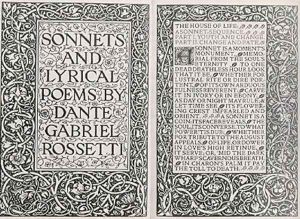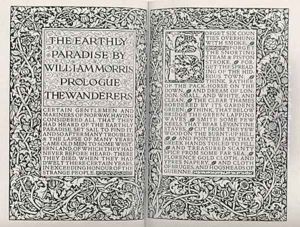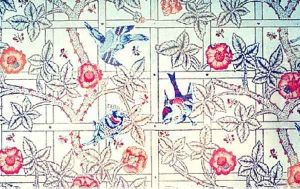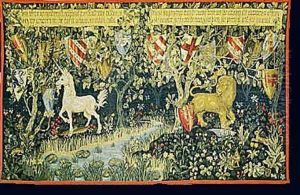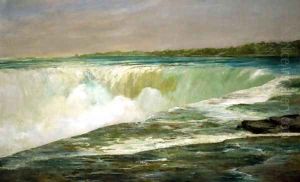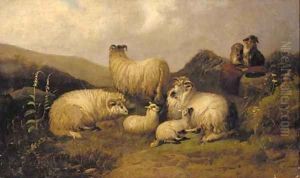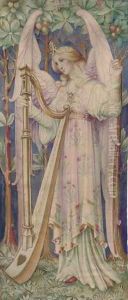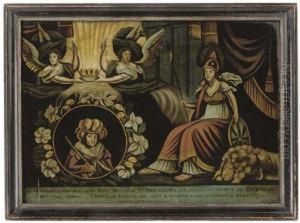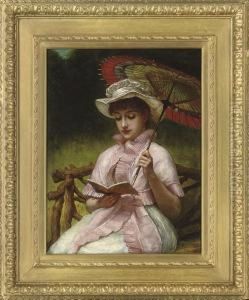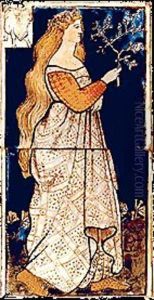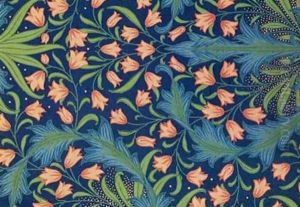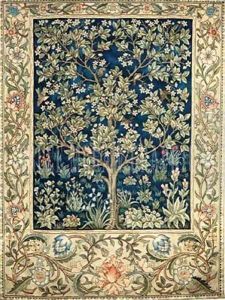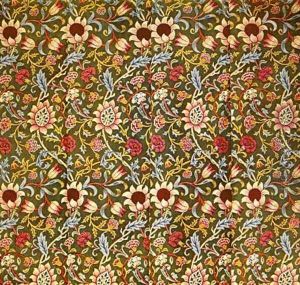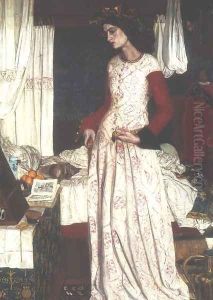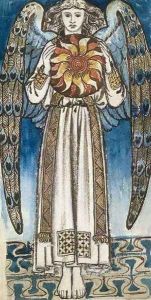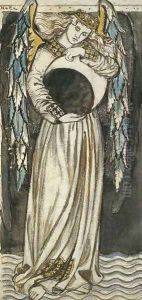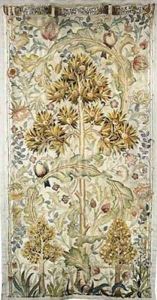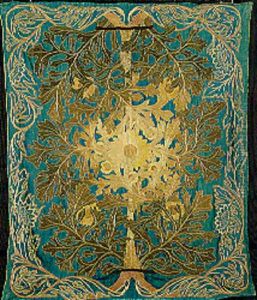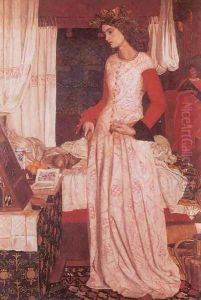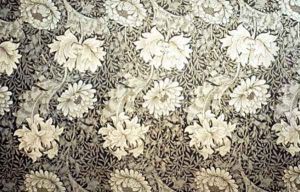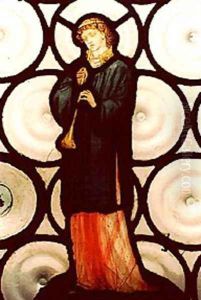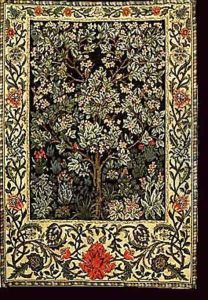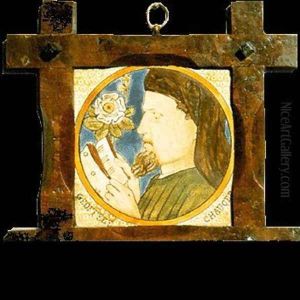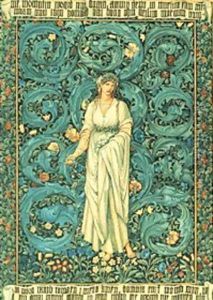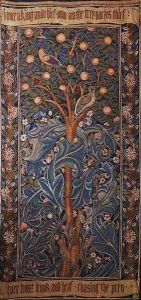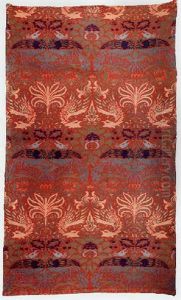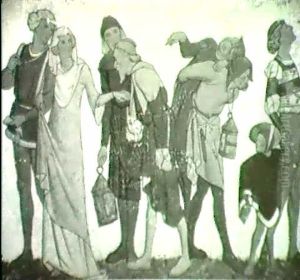William Morris Paintings
William Morris was a British textile designer, poet, novelist, translator, and socialist activist associated with the British Arts and Crafts Movement. He was born on March 24, 1834, in Walthamstow, Essex, now part of London. Morris was educated at Marlborough and Exeter College, Oxford. Initially intending to become a clergyman, Morris was influenced by the medieval art he observed on a trip to Northern France and decided to pursue a career in the arts.
In the 1850s, Morris met artist Dante Gabriel Rossetti and others of the Pre-Raphaelite Brotherhood, which significantly influenced his artistic and aesthetic views. Alongside Rossetti, and with architect Philip Webb, Morris founded the decorative arts firm Morris, Marshall, Faulkner & Co. in 1861, which produced a wide range of handcrafted domestic items. These included furniture, stained glass, textiles, wallpaper, and other home accessories designed to resist the growing trends of industrial production.
Morris was also an influential designer of textiles and patterns, often inspired by natural forms and medieval designs. He was deeply involved in the production process and aimed to produce high-quality, affordable goods that could be accessible to the public while also promoting craftsmanship. His designs for fabrics, carpets, and wallpapers are still popular today and are characterized by their naturalistic yet stylized motifs.
Beyond his contributions to decorative arts, Morris was a notable figure in the world of literature and politics. He penned various works of poetry and fiction, including 'The Defence of Guenevere and Other Poems' (1858), 'The Earthly Paradise' (1868–1870), a collection of narrative poems, and his well-known fantasy novels such as 'The Well at the World's End' (1896). As a translator, Morris made significant translations of Icelandic and classical epic literature.
Morris's political views were closely tied to his artistic philosophy. He became an ardent socialist, arguing that art should be a part of everyday life and that in a properly structured society, work could be a source of joy rather than mere drudgery. He was a founding member of the Socialist League and engaged in various activities to promote his views on social and economic reform.
William Morris's legacy is profound, influencing subsequent generations of artists, designers, and craft workers. He is remembered for his contributions to the revival of traditional textile arts and methods of production and his efforts to elevate the importance of design in everyday life. He died on October 3, 1896, at his home in Hammersmith, London, but his influence continued to resonate in the Arts and Crafts Movement and beyond.
